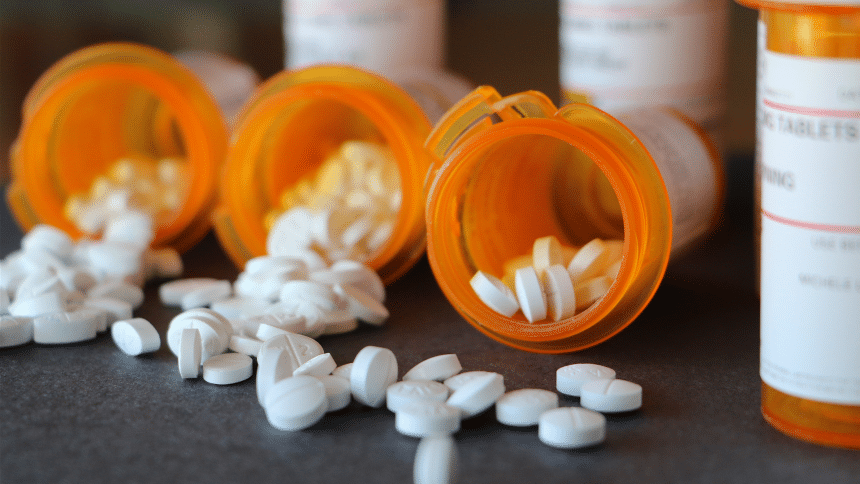Federal officials will soon host a National Prescription Drug Take Back Day to combat the overdose epidemic the U.S. is facing.
Facilitated by the Drug Enforcement Agency (DEA), this event serves to help Americans easily rid their homes of unneeded medications, including those that are old, unwanted, or expired. Experts say some of these could be a gateway to addiction. On Saturday, April 26 from 10 a.m. to 2 p.m., Mississippians can take part in this call to action.

There will be roughly 4,100 local drop-off sites nationwide, with a multitude of those operating in the Magnolia State. At these locations, folks can anonymously dispose of unneeded medications. These include tablets, capsules, patches, and other forms of prescription drugs. Liquid products, such as cough syrup, should remain sealed in their original container. The cap must be tightly sealed to prevent leakage.
Collection sites will not accept syringes, sharps, or illegal drugs. Pointing to data from the Centers for Disease Control and Prevention, DEA Special Agent in Charge for Mississippi Anessa Daniels-McCaw highlighted the significance of the event.
“This event is important because we lose more than 100,000 Americans every year to drug poisonings and overdose deaths,” Daniels-McCaw said. “It’s incumbent for individuals to not house any of these drugs in their medicine cabinets. It’s good to just get rid of them so we can avoid disaster.”
Last year, around 3,437 pounds of various medications were collected in Mississippi during National Prescription Drug Take Back Day. However, the state ranked lower than its neighboring peers in drop-offs.
“We have gone out. We have asked for other locations and individuals to participate in drug take back,” Daniels-McCaw continued. “We should, and we’re hoping, that we are able to collect more from the state of Mississippi this year.”
A location finder is available here for residents looking to dispose of unwanted drugs. Beyond the April 26 event, there are other opportunities to regularly and safely dispose of unneeded medications at certain pharmacies, hospitals, and businesses, working to help clean out medicine cabinets throughout the year. Many police departments also provide year-round drop boxes.







